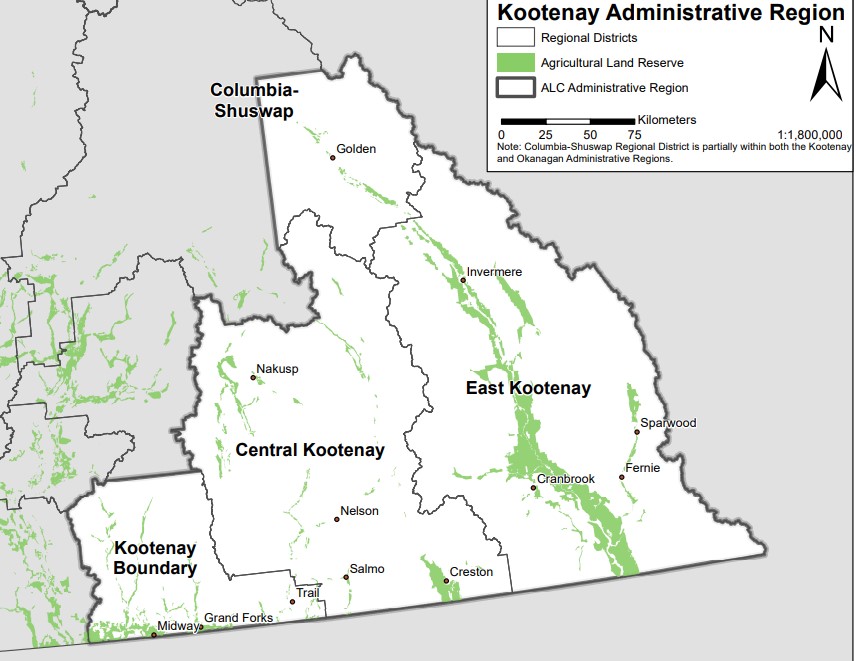Understanding the ALR
The Agricultural Land Reserve (ALR) in British Columbia is a provincial zone where agriculture is the primary use. Established to protect valuable farmland from urban development, it spans over 4.6 million hectares. Managed by the Agricultural Land Commission (ALC), the ALR prioritizes agricultural activities and restricts non-farm uses.
Key Regulations and Policies
Residential Use:
Primary Residences: You can build a primary residence but must adhere to size restrictions. Additional residences, like homes for family members or farm workers, require ALC approval.
Non-Adhering Residential Uses: Applications for non-standard residential uses must meet specific criteria outlined by the ALC.
Agricultural Structures:
Farm Buildings: Structures necessary for farming, such as barns and greenhouses, are allowed but must comply with local bylaws and ALC guidelines.
Soil and Fill Management:
Soil and Fill Regulations: The placement of fill and removal of soil are regulated to prevent land degradation. Activities often require a Notice of Intent to be submitted to the ALC.
Land Use Policies:
Farm Product Processing: The processing of farm products is permitted under specific conditions to support agricultural activities.
Non-Farm Use: Commercial and industrial uses related to farming require ALC approval to ensure they do not interfere with agricultural operations.
Subdivision Rules:
Subdividing Land: Subdividing ALR land is tightly controlled to prevent fragmentation. Approval from the ALC is necessary and typically granted only under specific conditions.
Compliance and Enforcement
The ALC has a robust compliance and enforcement framework to ensure regulations are followed. Appeals can be made against orders or penalties issued by the ALC under established guidelines.
Practical Considerations
Zoning and Local Bylaws: Always check local government zoning bylaws and how they interact with ALC regulations. Some local bylaws may impose additional restrictions.
Long-Term Commitment: Purchasing property in the ALR is a long-term commitment to preserving agricultural land. Ensure you understand the obligations and limitations before buying.
Professional Advice: Consider seeking advice from a real estate professional familiar with ALR regulations and a legal expert to navigate the complexities of owning and developing ALR land.
Conclusion
Buying property in the ALR can be a rewarding investment for those committed to agriculture. Understanding the regulations and policies is crucial for ensuring compliance and making the most of your investment. For detailed information, visit the ALC Act and ALR Regulations page (PALC-GovBC) (PALC-GovBC).
By being informed and prepared, you can make a sound investment that supports BC's agricultural heritage.

